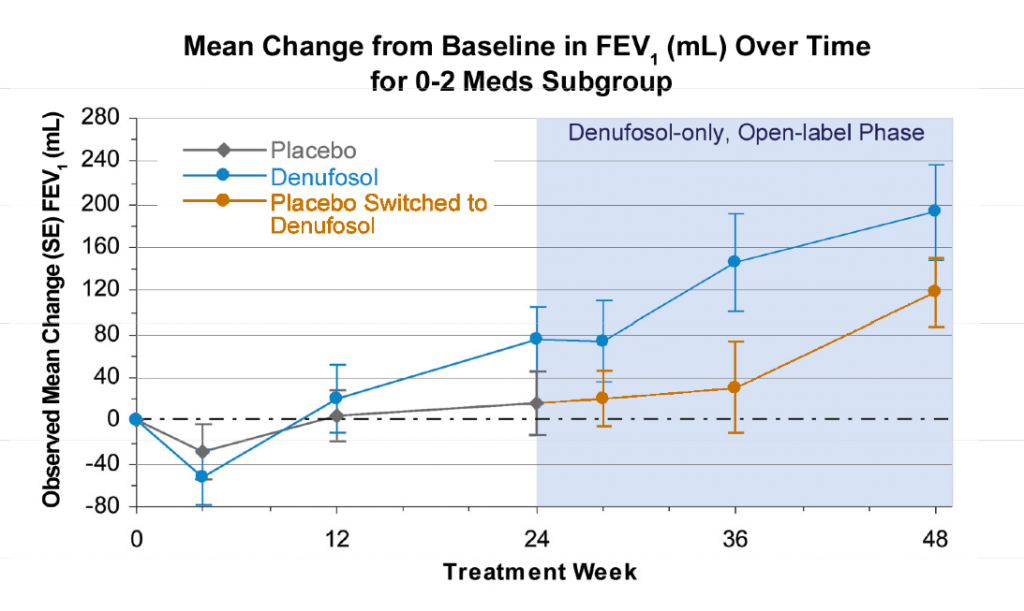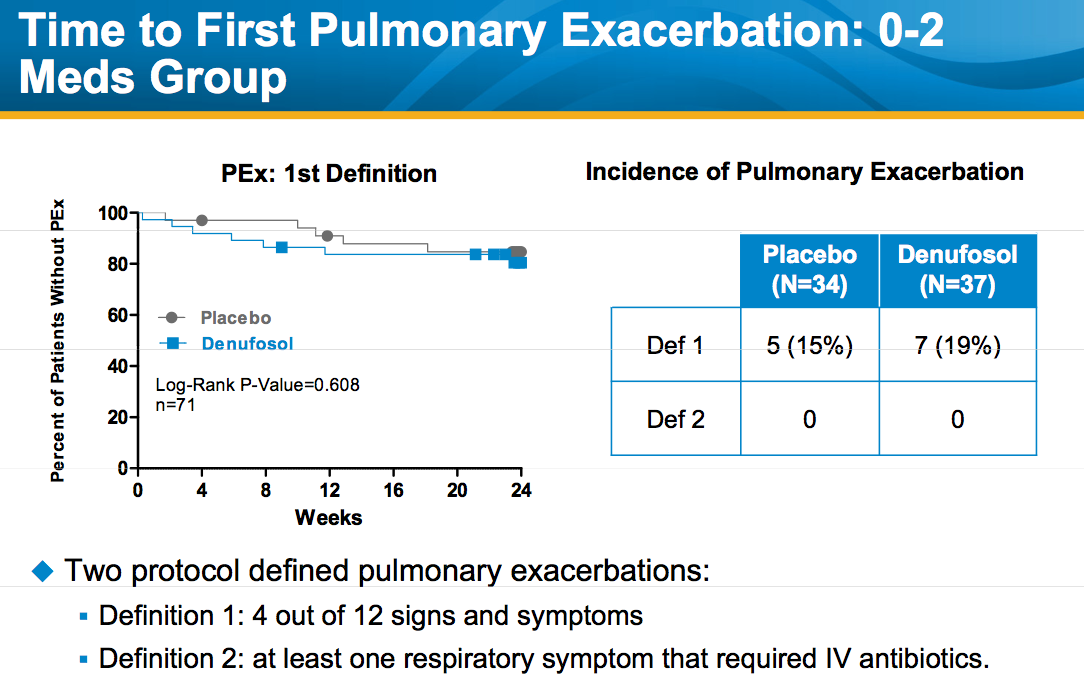AB Science – realizing the potential of masitinib in cancer and inflammation
Following on from yesterday’s news that Gilead had acquired Calistoga and CAL-101, another company that is exploring the interface between cancer and inflammation is Paris based AB Science.
Pharma Strategy Blog has an excellent interview with the CEO, Alain Moussy. AB Science is an emerging French biopharmaceutical company, and I previously wrote about its IPO.
The company has adopted a unique market entry strategy of obtaining approval first in animal health for their tyrosine kinase inhibitor, masitinib. In 2008, AB Science gained European approval for canine mast cell tumors and in December 2010 FDA approval.
The company recently announced that on February 8, 2011 it had its first US sale of masitinib to vets.
Masitinib is in fact a multi-kinase inhibitor that inhibits wild type and mutant forms of stem cell factor receptor (c-KIT, SCFR), platelet-derived growth factor (PDGFR), fibroblast growth factor 3 (FGFR3) and to a lesser degree, focal adhesion kinase (FAK).
Sally Church on the Pharma Strategy Blog has written about how AB Science’s strategy makes sense – if you look at Pfizer, they obtain more revenue from animal health than they do from oncology. AB Sciences’ Masivet® in Europe, Kinavet® in the United States competes against Pfizer animal health’s tyrosine kinase inhibitor, Palladia® (toceranib), which also targets mast cell cancer in dogs.
Not only does this growth strategy generate revenue for an early-stage company like AB Science, it also allows the company to build a sales and marketing infrastructure in the United States and Europe while waiting for the results of pivotal phase 3 studies in humans.
The phase 2 clinical trial data for masitinib in combination with gemcitabine in pancreatic cancer were impressive (28% survival at 18 months). The phase 3 clinical trial results are expected this year. The clintrials.gov listing shows the date for the estimated primary completion date (Overall Survival) as November 2010 with study completion in November 2011. Obviously the exact timing depends on how fast subjects were accrued, but I would be surprised if we didn’t see some data presented at ASCO or ESMO, especially if positive.
In terms of targeting inflammation, masitinib is in phase III development for mastocytosis, rheumatoid arthritis (RA) and asthma. AB Science announced on January 27, 2011 the first patient recruited into their phase 3 study in severe asthma.
The company’s new product development strategy is way ahead of many of its competitors in identifying the links between cancer and inflammation, and choosing to target market opportunities in both areas.
AB Science is an exciting company to watch, and I expect that we will see important new data come out at major scientific meetings this year.

